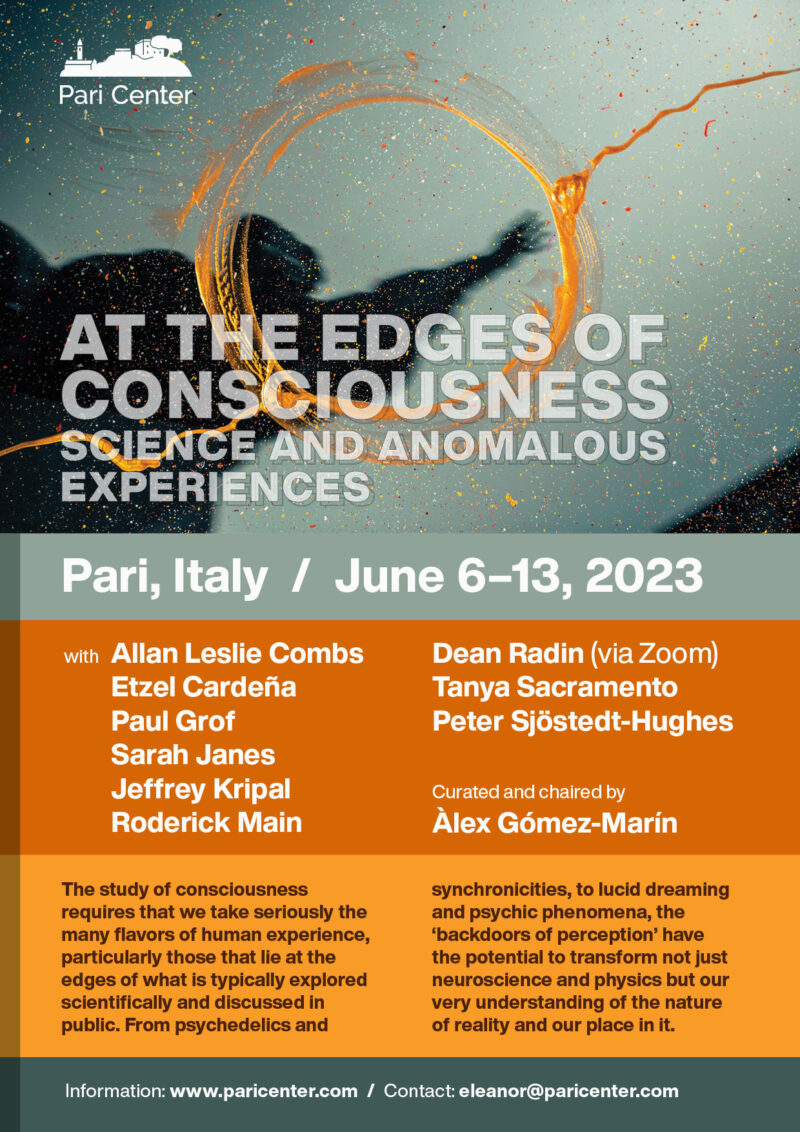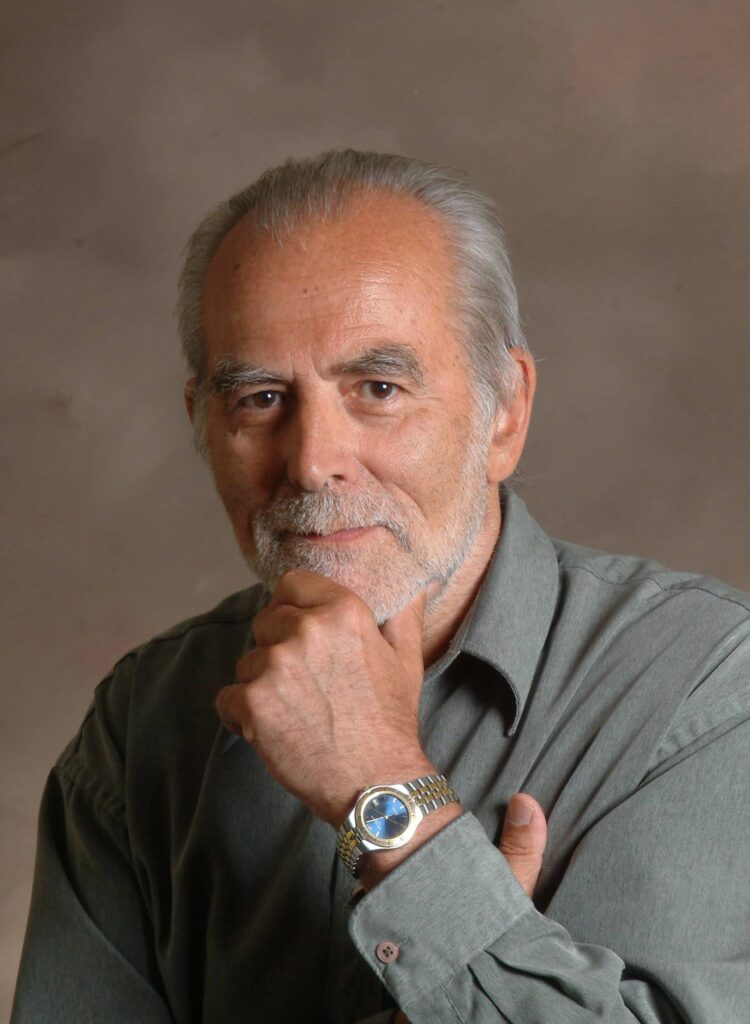Your cart is currently empty!
Local and Non-local Consciousness Components

This is an excerpt from one of the presentations featured in the Pari Center’s event At the Edges of Consciousness, in Pari from June 6 to 13, 2023.
with Paul Grof
The idea that the brain is the source of all human consciousness still dominates contemporary thinking. But this concept has now been challenged by numerous studies and observations. These include physiologically and pharmacologically induced non-ordinary states of consciousness (NOSC), experimental evidence for many psi phenomena, observations from transpersonal psychiatry and near-death experiences. None of these findings can be explained by hypothetical local brain activities.
All anomalous experiences emerging “at the edges of consciousness” can be described as NOSC. Of all the NOSC, mood disorders have been investigated most extensively. During the past six decades, many marked and reproducible brain abnormalities have been identified in severe disorders, moving from neurotransmitters to neuropeptides, neurohormones, cellular metabolism, and in recent years to brain imaging.
Surprisingly, these brain changes are qualitatively the same during the states that are categorically different experientially, such as clinical states of depression and mania.
Together, these findings appear compatible with a working hypothesis that human consciousness results from the interplay between non-local consciousness fields and local brain processes; that the brain often functions as a transducer. Longitudinal studies indicate that the brain contributes mainly to the timing, intensity and predisposition to NOSC; however, the anomalous experiences are linked to the processes in nonlocal consciousness fields.
Using David Bohm’s terminology, consciousness fields exist as “potentially active” and become “actually active” when transacting with the brain. The access of the brain to information available in the ubiquitous field (presumably zero-point quantum field) varies making the anomalous experiences possible at different times. We are really at the early stages of investigating the non-local nature consciousness as a field outside the brain itself.

Dr. Paul Grof is a Canadian research psychiatrist, clinician and administrator. In addition to his therapeutic and research work in North America and Europe, he has worked at the National Institute of Mental Health, USA, and as an Expert at the World Health Organization, Geneva (1985-2000), where he chaired the Committee on Psychotropic Substances.
He has been involved in transpersonal activities for six decades. He has utilized Holotropic Breathwork and psychedelics with clients suffering from severe mood disorders, meditators, and psychiatric residents.
Dr. Grof was a professor at several Canadian and European universities, and his last academic appointment was at the University of Toronto. Presently he is the director of the Ottawa Mood Disorders Center. For his research, Dr. Grof has received several international awards in the USA, Canada and Europe,
He has authored and co-authored 516 publications and three books.
